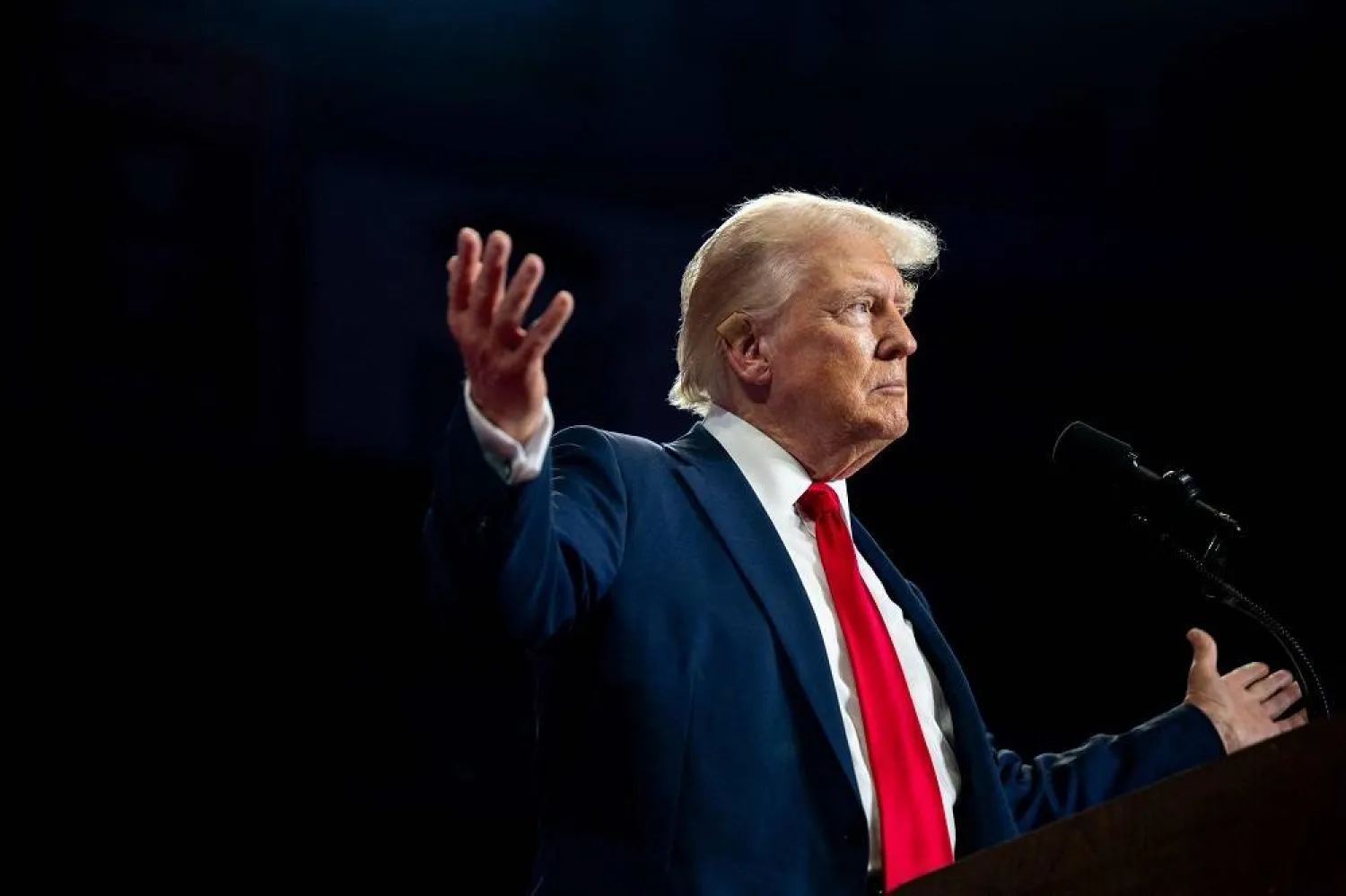US President Joe Biden addressed the nation on Wednesday for the first time since dropping his reelection bid, saying he decided to forgo personal ambition to save democracy in a sedate Oval Office speech that contrasted with the rough-and-tumble campaign.
Shortly before the speech, Republican Donald Trump laid into Democratic rival Kamala Harris in his first rally since she replaced Biden atop the ticket, signaling a bare-knuckled campaign ahead of the Nov. 5 election.
Trump branded Harris a "radical left lunatic" after she had dominated the campaign the two previous days with withering attacks on him that pointedly raised his felony convictions, his liability for sexual abuse, and fraud judgments against his business, charitable foundation and private university.
Momentum grew for the Harris campaign as NBC News said on Thursday that former President Barack Obama planned to soon endorse Harris as the Democratic presidential candidate.
"Aides to Obama and Harris also have discussed arranging for the two of them to appear together on the campaign trail, though no date has been set," it said.
Biden said he believed he deserved to be reelected based on his first-term record, but his love of country led him to step aside.
"I decided the best way forward is to pass the torch to a new generation. That is the best way to unite our nation," Biden said, after having resisting calls from within the party to quit the race after his poor showing in a June 27 debate with Trump.
Biden, at 81 the oldest president in US history, was greeted with cheers, applause and music in the Rose Garden after the address, as his staff had converged on the White House for a viewing party.
Trump was less kind, saying in a post on his Truth Social platform that Biden's speech was "barely understandable and sooo bad!"
After spending much of the campaign attacking Biden as old and feeble, Trump, 78, now faces a younger candidate in Harris, 59, the first Black woman and Asian American to serve as vice president.
Energizing many Democrats as potentially the first woman to take the White House, Harris quickly consolidated the party behind her, as her campaign said it had raised $126 million since Sunday, with 64% of donors making their first contribution of the 2024 campaign.
With no challengers for the nomination, she won the backing of party delegates on Monday, a day after Biden's announcement.
The next highly anticipated development will be Harris' choice of a vice-presidential candidate to counter Trump's selection of Ohio Senator J.D. Vance.
Among those being mentioned are Kentucky Governor Andy Beshear and Transportation Secretary Pete Buttigieg.
The Democratic National Committee's rules committee agreed on a plan on Wednesday to formally nominate Harris as soon as Aug. 1 - before the party's Aug. 19-22 convention in Chicago - with Harris picking a running mate by Aug. 7.
Biden praised Harris as a strong leader who would make an effective president.
"She's experienced, she's tough, she's capable," he said. "She's been an incredible partner to me and a leader for our country. Now the choice is up to you, the American people."
Trump tried to quash some of her momentum in an aggressive speech at a campaign rally.
"I'm not gonna be nice!" he told cheering supporters in Charlotte, North Carolina, a battleground state where voting preferences can swing to either side.
On Tuesday Harris showed her willingness to throw a punch, contrasting her background as a prosecutor to his record as a convicted felon.
"Do we want to live in a country of freedom, compassion and rule of law, or a country of chaos, fear and hate?" she asked during a speech in Milwaukee.
A Reuters/Ipsos poll completed on Tuesday showed Harris with a lead of two percentage points over Trump, 44% to 42%. A CNN poll by SSRS showed Trump leading Harris, 49% to 46%. Both findings were within the polls' margins of error.









